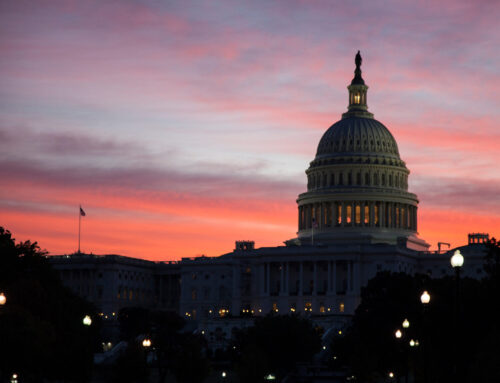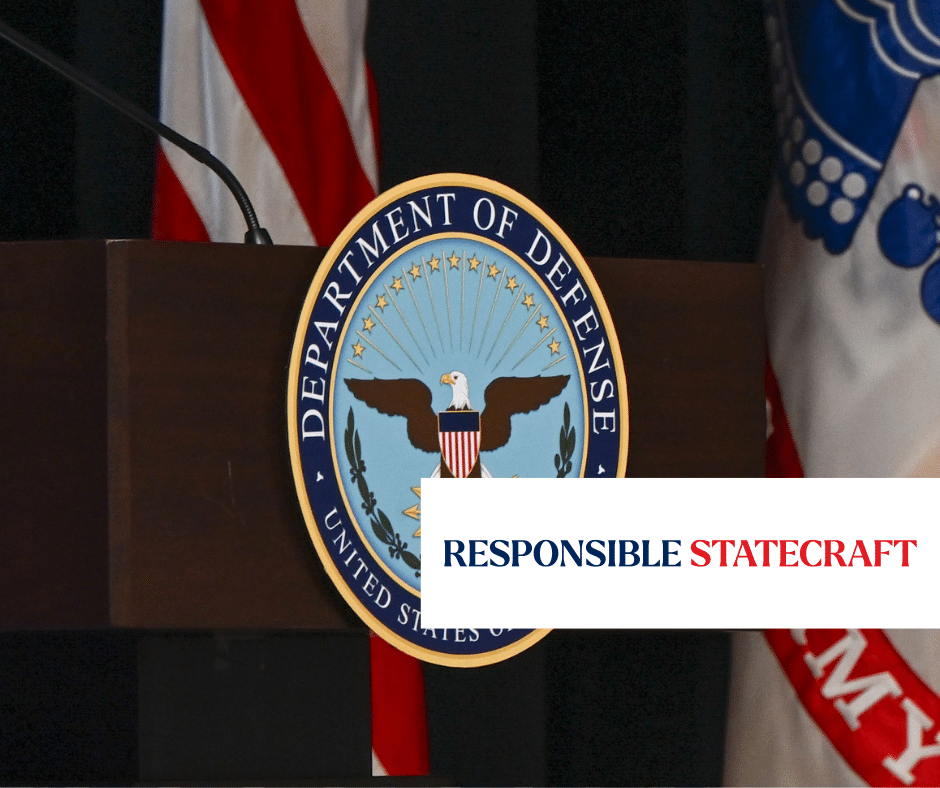As I sit down to write this, the exact outlines of a deal to return the government to normal operations and raise the debt ceiling remain unclear. Based on the tone of statements coming from Congressional leaders, however, it seems likely a short-term deal will be made to avert an immediate escalation of the crisis.
If indeed a deal is made, it gives both chambers of Congress a chance to reconvene and start budget negotiations without the backdrop of a government shutdown or an immediate threat of default, but with a new deadline early in the New Year.
So what are the most important things we would like to see in these next few months of negotiations?
- First, do no harm. The inability of Congress to make deals by assembling a majority of votes in both chambers of Congress (not necessarily a majority of votes in either party caucus) has already harmed the United States' credit and standing in the world. Prior to the passage of the Budget Control Act in 2011, Standard and Poor's downgraded our credit rating. Fitch warned yesterday that the repeated brinksmanship related to the debt ceiling “dents confidence in the U.S. government and political institutions.” Please Congress, take your responsibilities seriously and show the world we can make progress on difficult problems.
- Make decisions based on evidence and facts. The sharp ideological divides in Congress are not going away. But taxpayers and voters should be able to expect all policymakers to base decisions to reduce the deficit – either by cutting spending, eliminating tax breaks or taking some other action to spur job growth – on well-supported facts, not just political posturing. And reflexively making the same choices that brought us to our present crisis isn't going to cut it. Congress has access to fantastic resources, from the Congressional Budget Office to the Congressional Research Service to the Government Accountability Office. Use them.
- Don't abandon the purpose of the Budget Control Act. If we have learned one thing in the last two years, it is that the appetite in Congress for spending exceeds the amount of revenue lawmakers can stomach. The so-called Super Committee and the subsequent sequester were supposed to spur Congress to make smart decisions to bring down the deficit instead of implementing the stupid across the board cuts required by the sequester. There is still time to make those smarter, difficult decisions. The legislatively mandated annual spending caps established by the BCA have recalibrated the baseline and we hope Congress will live within the law it passed.
- Openly debate the elements of any tax extenders package. We'd love to see Congress make real progress on comprehensive tax reform, but we recognize that digging into the details of the entire code may not be achievable in a few short months. However, we would expect a package of extensions on “temporary” tax provisions to be taken up by Congress before the end of the calendar year. Please break with tradition and debate the contents of this package, or increase transparency and accountability by holding hearings to shed light on whether these narrow carve outs are truly vital to the economy or benefit just a handful of well-connected industries or individuals.
- Take the opportunity to begin strengthening the largest federal programs – Medicare and Social Security – before they face dire fiscal crises. If Medicare and Social Security are to live up to their promises to future generations, lawmakers must implement entitlement reforms while there is still plenty of time to maneuver. Start the process by holding hearings that are true exercises in oversight and exploration for solutions and not simply opportunities to demagogue.
- Continue to look for opportunities to reduce national security spending in a way that keeps us safe. Perhaps the one new area of agreement we've seen since the passage of the BCA is that it is no longer considered a contradiction in terms to be both a security hawk and a fiscal hawk. Wasteful spending in the Pentagon doesn't make us safer, and we should look for ways to eliminate it.
As a country we desperately need all members of Congress to work together to take both big and small steps to put our country on stronger fiscal footing. Diffusing the threat of an immediate default and reopening the government will give Congress another chance to do not what is easy, but what is right. It's time to make government work.










